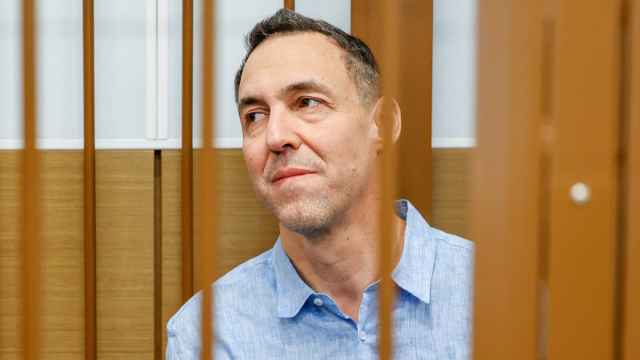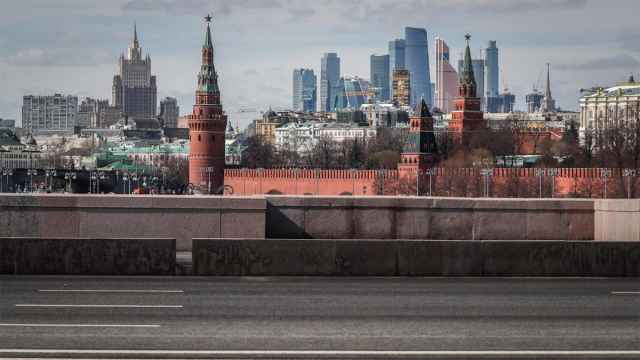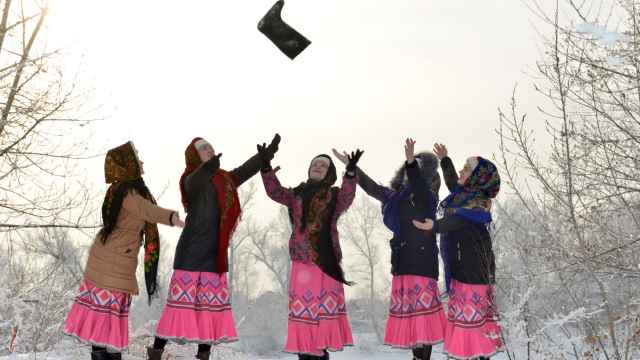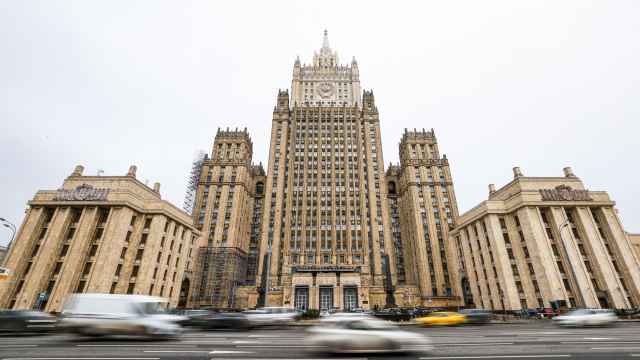On his last day in the job, then-Prime Minister Vladimir Putin ordered Igor Sechin to be included on a list of candidates for the chairmanship of state-owned Rosneftegaz, according to materials published on the government’s website Thursday.
Rosneftegaz owns shares in Rosneft (75.16 percent) and Gazprom (10.74 percent) on behalf of the state. Sechin resigned as chairman of the holding company last year in line after a directive from then-President Dmitry Medvedev for government ministers to leave the boards of state companies. Sechin also resigned as chairman of oil giant Rosneft’s board.
Sechin was a deputy prime minister in the last Cabinet and remains acting deputy prime minister ahead of the expected appointment of a new government next week. Media reports have suggested that he is unlikely to serve in a Cabinet headed by Medvedev.
A long time confidant of Putin, Sechin is widely considered to be the architect of the breakup of Yukos. In his order signed on May 6, Putin removed Federal Property Management Agency head Gleb Nikitin from a list of candidates to make space for Sechin’s return to Rosneftegaz.
“There is a leader who makes decisions about where he sees specific people,” Sechin said earlier this month in response to a question about whether he would serve in the next government, RIA-Novosti reported. “Where it’s necessary, that’s where I’ll be.”
Rosneftegaz’s main source of income is dividends from Rosneft, Gazprom and 77 gas distribution companies, in which it has stakes. In 2010, the company’s profits were 25.4 billion rubles ($840 million), according to its annual report.
On May 5 Alexander Popov, a former Sechin aide, was named head of Rosnedra, which is responsible for subsoil licenses for mineral and energy resources.
A Message from The Moscow Times:
Dear readers,
We are facing unprecedented challenges. Russia's Prosecutor General's Office has designated The Moscow Times as an "undesirable" organization, criminalizing our work and putting our staff at risk of prosecution. This follows our earlier unjust labeling as a "foreign agent."
These actions are direct attempts to silence independent journalism in Russia. The authorities claim our work "discredits the decisions of the Russian leadership." We see things differently: we strive to provide accurate, unbiased reporting on Russia.
We, the journalists of The Moscow Times, refuse to be silenced. But to continue our work, we need your help.
Your support, no matter how small, makes a world of difference. If you can, please support us monthly starting from just $2. It's quick to set up, and every contribution makes a significant impact.
By supporting The Moscow Times, you're defending open, independent journalism in the face of repression. Thank you for standing with us.
Remind me later.






